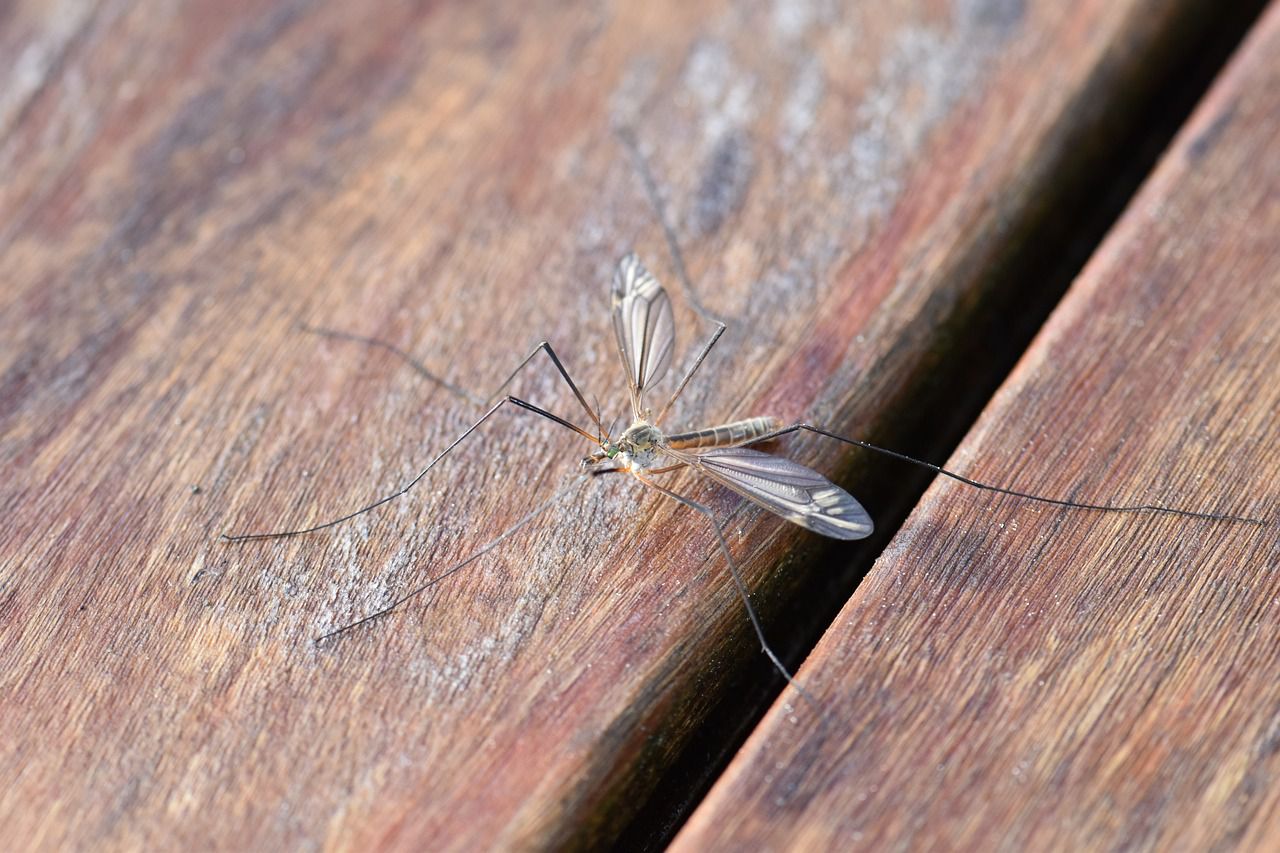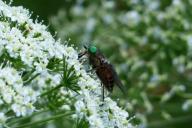In some regions, mosquitoes are quite widespread and annoy many people.
While some insects are clearly beneficial to the environment, mosquitoes seem to be just annoying and even dangerous because they can spread certain diseases.
But how are they useful for the ecosystem?
Food Source
Mosquitoes serve as a significant food source for various organisms.
Their larvae provide nourishment for aquatic ecosystems, including fish, amphibians, and other insects.

Adult mosquitoes are consumed by birds, bats, spiders, dragonflies, and other insectivorous animals, contributing to the intricate web of predator-prey relationships in ecosystems.
Pollination
Some mosquito species, primarily the female ones, feed on plant nectar in addition to blood.
While searching for nectar, they inadvertently transfer pollen from one flower to another, aiding in the pollination process.
Although mosquitoes are not as efficient as bees or butterflies in pollination, they still contribute to the reproduction of certain plant species.
Nutrient Cycling
Mosquito larvae feed on organic matter present in water bodies, such as decaying plant material and microorganisms.
By doing so, they help break down and recycle nutrients, playing a role in nutrient cycling within aquatic ecosystems.









